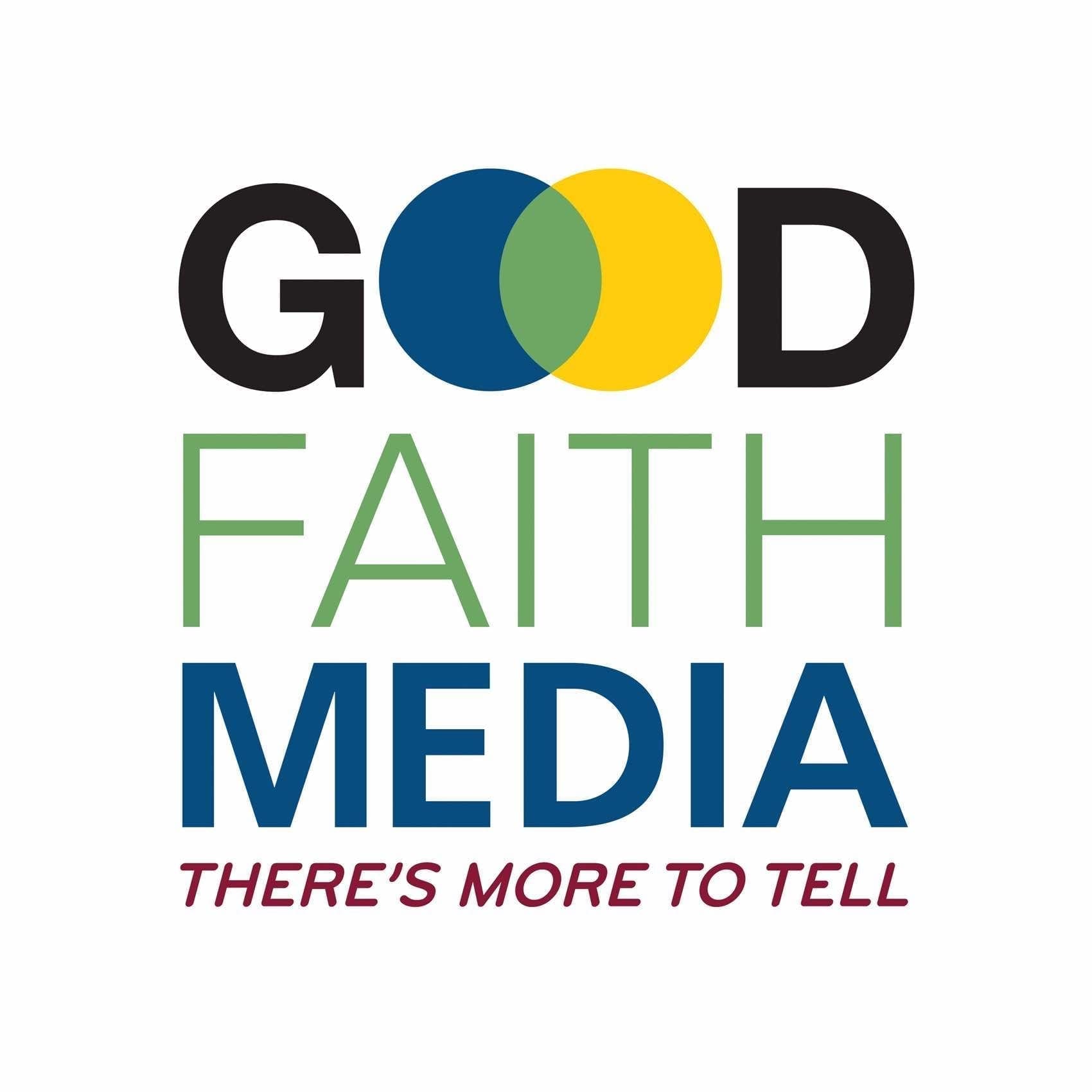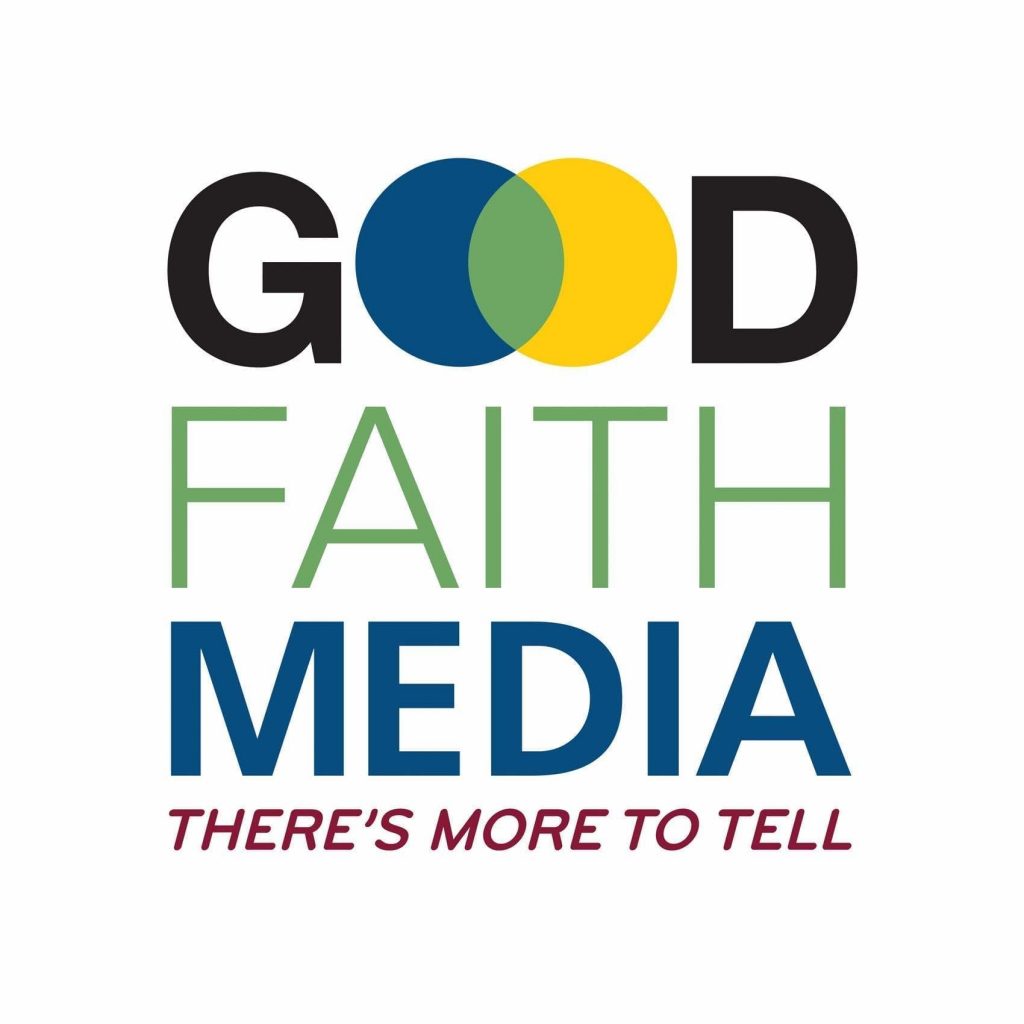
Randall Balmer is the John Phillips Professor in Religion at Dartmouth College, an Episcopal priest, and the author of more than a dozen books, with commentaries appearing in newspapers across the country. He is a contributing correspondent at Good Faith Media.
1. What story, verse or passage from your faith tradition’s sacred texts has significantly influenced / shaped your life?
I love the exchange between Jesus and the father of a young boy when the father tells Jesus, “I believe; help my unbelief!” This, for me, captures the quandary for many believers, myself included.
Faith is a precious and fragile entity. As someone who studies religion, I can recite all the standard explanations for faith and religion – search for a father figure, economic dislocation and the like; many sophomores are well familiar with these arguments. But faith, as Søren Kierkegaard reminds us, is a leap.
I choose to take that leap. I elect to live in an enchanted universe where there are forces at play that I can’t begin to understand, much less explain. I wouldn’t live anywhere else.
And (if you’ll allow me to take this one step further) this is why I’ve long been suspicious of the theological discipline of apologetics, which subjects the faith to rational argumentation and explanation. If everything we believe can be explained rationally, what need is there for faith?
I believe; help my unbelief!
2. Who are three people (other than your family) who have shaped your life and worldview? And why?
My eighth-grade English teacher at Adam Kolb Intermediate School in Bay City, Michigan, was a formidable woman named Helen Hier. She taught me the rudiments of grammar, including how to diagram sentences, and provided me with a foundation for writing. This would have been (if my calculations are correct) the academic year 1967-68. During a visit to Bay City sometime in the early in the 1990s – and having by that time published a couple of books – I looked her up so I could thank her.
At the risk of sounding grandiose, my second is George McGovern, longtime senator from South Dakota and 1972 Democratic nominee for president. Although my parents were certainly not active politically, I grew up in what I’ll call a passively Republican household. In 1972, as I graduated from high school and headed to college, McGovern’s campaign for the presidency (against Richard Nixon, the incumbent) captured my interest, not merely for his stand against the war in Vietnam but because he represented the decency and integrity and compassion that I found lacking in the incumbent.
As I began to study more history, including the history of my own tradition, evangelicalism, I saw that McGovern, a Methodist preacher’s kid who studied at Garrett Evangelical Seminary, really embodied the best of 19th-century evangelicalism: commitment to peace, women’s equality and the rights of minorities. Many years later, when I was in Mitchell, South Dakota, doing a lecture at Dakota Wesleyan, I had the opportunity to meet and have dinner with Senator McGovern. He signed a copy of his 1972 campaign poster, which hangs in my office.
The third person who has had an outsized influence on my life is Douglas Frank. A history professor at my undergraduate school, Trinity College in Deerfield, Illinois, Doug, with long hair, beard and denims, was part of a cohort of overworked (five courses a semester) “young Turks” at this small and otherwise conservative liberal arts college. A voracious reader, Doug was a master of the Socratic method. I was at best an indifferent student, a fundamentalist not accustomed to reading anything other than the Bible. Unaccountably, he took an interest in me. I recall preparing to leave campus following my freshman year; I encountered him, and he asked me if I wanted to join him for a canoe trip in the Boundary Waters Wilderness in northern Minnesota. (Sadly, and regrettably, I begged off.)
During the fall of my senior year, Doug invited me to be one of 22 students and five faculty to participate in the inaugural semester of the Oregon Extension, a humanities curriculum that alternated intensive weeks of study with wilderness excursions. I very nearly didn’t attend college – I had started a janitorial service in high school and envisioned a career in business – but it was there, in southern Oregon, that I discovered the delights of the life of the mind, which altered the trajectory of my life.
I wrote about Doug and the Oregon Extension in Mine Eyes Have Seen the Glory. He recently marked his 80th birthday. We’re still in touch, and I remain eternally grateful to him as a friend and mentor, even though my intellect is far inferior to his.
3. List three of your “desert island” books, movies or TV shows.
As a recovering fundamentalist, I must include the Bible in any such list. I’d probably add Marilynne Robinson’s Gilead and Robert Pirsig’s Zen and the Art of Motorcycle Maintenance.
4. What is one of the most critical issues people are facing today?
That’s a terribly broad question, and it’s always perilous to generalize. I worry about the diminishment of a sense of community these days. We can identify a lot of culprits: social media, political polarization, the coronavirus, decline in religious affiliation. This affects everything from political comity to individual well-being.
Related to that, I worry also about the decline in truth and integrity. We’ve come to expect that in political figures, but I’m concerned that we’ve become inured to it. When a former president in the course of his four-year term issues more than 30,000 false or misleading statements, according to independent sources, and yet retains the loyalty of his sycophants, that’s a cause for concern.
5. What are a few of your hobbies?
You have no idea how vexing this question is for a workaholic, especially an introverted workaholic. That said, I enjoy hiking with my wife and our Golden Retriever, Tigger – in fact, I enjoy doing almost anything with them, including, in recent years, our semiannual road trips between New Mexico and New Hampshire in our small RV. Also, I recently purchased a trumpet, which I played in junior high school, and am trying to regain minimal competence.
6. If you could freeze your life into an already-lived 10 seconds, what would they be?
What an intriguing and difficult question! During a meeting of the American Academy of Religion and the Society of Biblical Literature early in my career, I decided – a gesture of self-flagellation, no doubt – to attend a breakfast gathering for alumni of Trinity Evangelical Divinity School, where I worked in the development office following my graduation from college while taking advantage of free tuition to earn an M.A. in church history. (I use the male form alumni advisedly, by the way; most assuredly, no women were present.)
The room was configured with round, white tableclothed tables. When I arrived, all but one of the tables were filled, so I sat alone at the empty table. Even at the time, I recognized this as a metaphor for my “outsiderness” in the world of evangelicalism. Although I had been reared as a preacher’s kid in the evangelical subculture and had been profoundly shaped by that upbringing, I never quite fit in at Trinity Divinity School or elsewhere in evangelicalism.
It’s my own doing, of course. Within the evangelical subculture, conformity is prized above all else, and conformity didn’t come easily for me, especially as I began to learn more about my own tradition and witnessed the merging of white evangelicalism with the baser elements of the Republican Party.
7. Our tagline at Good Faith Media is, “There’s more to tell.” What’s your “more to tell”?
The consolidation of news media by corporate conglomerates and the closing of local newspapers should be a source of concern for all Americans.
Reflection and resources at the intersection of faith and culture through an inclusive Christian lens.

